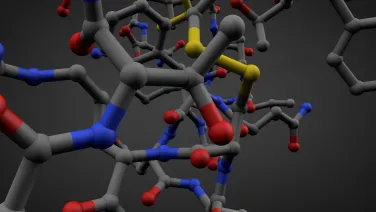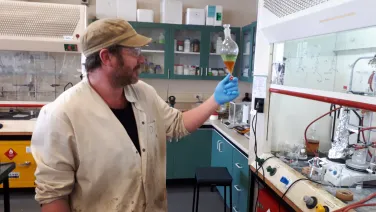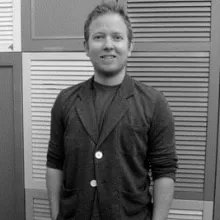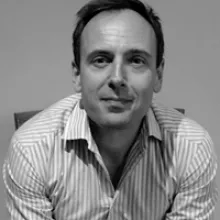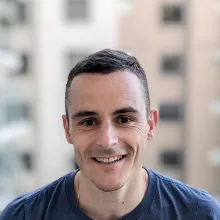
Supramolecular Chemistry
Supramolecular chemistry involves the organized arrangement of molecules via the control and manipulation of intermolecular interactions.
About
Supramolecular chemistry involves the organized arrangement of molecules via the control and manipulation of intermolecular interactions. It includes host-guest chemistry, self-assembly, and systems chemistry, and has applications in materials chemistry and in biochemical systems. It is characterized by weak intermolecular interactions such as hydrogen bonding, pi-pi interactions, electrostatic interactions, and metal coordination, and includes molecular folding, molecular recognition, and mechanically-interlocked assemblies.

